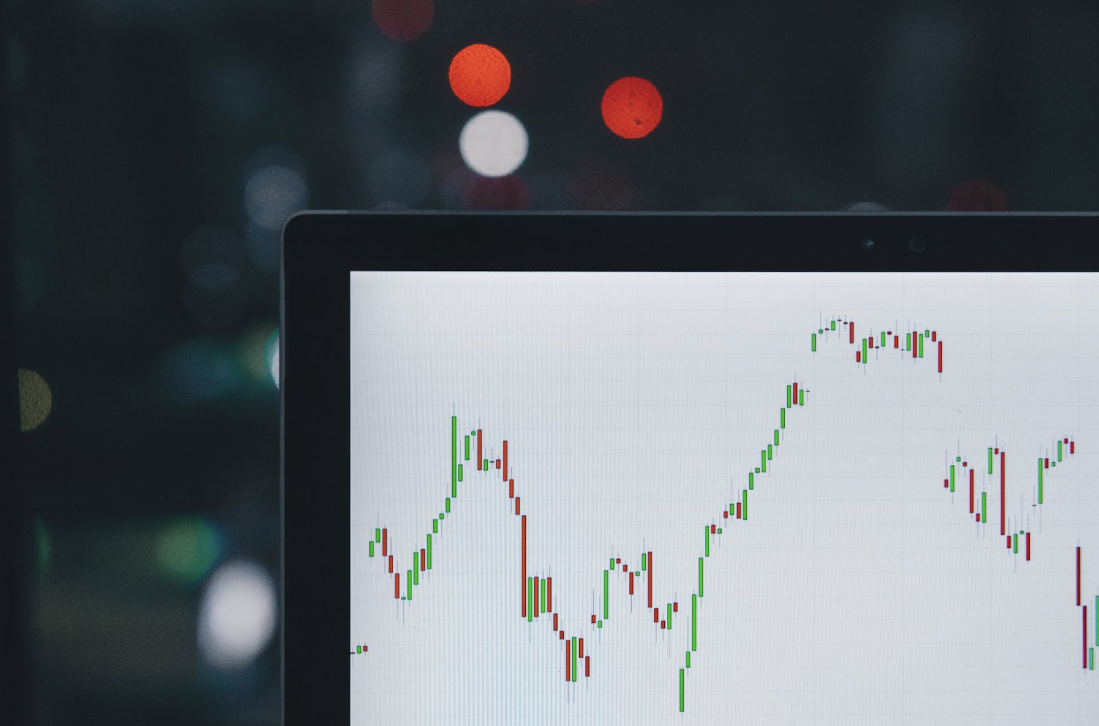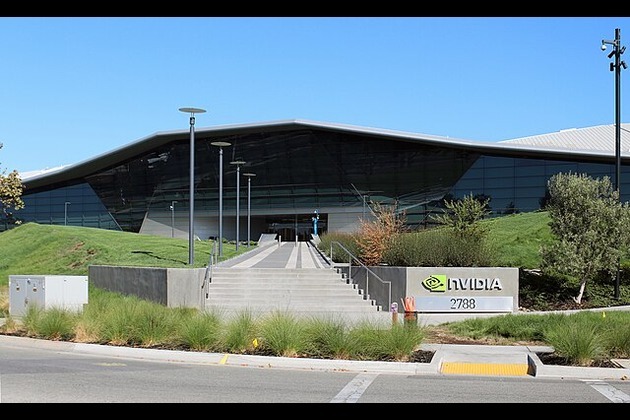QRL: Leading The Charge Against Quantum Risk In Cryptocurrency Amidst Speculation And Gains
ACCESS Newswire
24 May 2023, 18:35 GMT+10
CHEYENNE, WY / ACCESSWIRE / May 24, 2023 / - Amidst the cutting-edge advancements of blockchain technology and cryptocurrency, a stealthy yet formidable challenge lurks - quantum computing.

Quantum computers are powerful computers that use quantum physics to solve complex problems that are beyond the capabilities of classical computers. If current trends in progress continue, quantum computers are expected to break some of the currently used cryptography algorithms for which there are no replacements - Bitcoin and Ethereum included.
Nonetheless, even as investors continue to overlook this looming threat, the Quantum Resistant Ledger (QRL) serves as a promising solution: the world's first post-quantum store of value. The following article will deep dive into the risks of quantum computing and examine how QRL is poised to safeguard the future of digital assets.
What Is Quantum Risk?
To fully comprehend the implications of quantum risk, it's important to understand how quantum computing works and what sets it apart from traditional computing.
The Mechanics Of Quantum Computing
To understand quantum risk, it's first important to understand the mechanics behind quantum computers.
Quantum computers use quantum physics to solve complex problems that are beyond the reach of classical computers. This is achieved by using qubits, which are like the regular bits in a computer but way more advanced.
Bits are the basic building blocks of information in computers. They can have two values, either 0 or 1. These values are like a simple on-off switch that computers leverage to process and represent data. Unlike bits, qubits can be both 1 and 0 at the same time, which means they can make computers exponentially faster.
Vulnerabilities Of Existing Cryptocurrencies
Traditional cryptocurrencies such as Bitcoin and Ethereum use cryptography and blockchain to secure transactions. In other words, these blockchain networks rely on computational complexity for security.
However, most cryptographic methods failed to consider or incorporate safeguards against the potential threat of quantum computers - which are projected to actively threaten blockchain networks by 2030. A recent Deloitte study revealed that about 65% of all Ether is vulnerable to quantum attacks, significantly more than the 25% of vulnerable Bitcoin.
Types Of Attacks
In general terms, conventional cryptocurrencies confront two main categories of risks, as follows:
- Storage Attacks: These attacks aim at specific wallet addresses, attempting to breach their defenses and steal the digital assets contained within.
- Transit Attacks: These attacks concentrate on gaining control over ongoing network transactions, manipulating them in real-time.
The Overlooked Peril: Why Quantum Risk Remains Largely Disregarded By Investors
The cryptocurrency market is notorious for its inherently volatile nature, experiencing dramatic price fluctuations that resemble a rollercoaster's exhilarating highs and stomach-churning lows. A common misconception is that this high volatility is innately bad. This isn't necessarily true, as volatility provides the opportunity for both significant gains and significant losses.
The crypto industry's extreme volatility is fueled by speculation, and smaller markets tend to be more susceptible to these fluctuations. As a result, most investors are quite short-sided, prioritizing short-term gains and ultimately missing the bigger picture.
That's why quantum risk is often underestimated throughout the industry, by both new and experienced investors alike. This is largely due to the unthreatening power of current quantum computers. Just last year, IBM introduced a 127-qubit processor, and a 1,000-qubit machine is anticipated to be completed by the close of 2023.
To put it in perspective, consider Ethereum as an illustration. For a storage attack, a quantum computer would require in excess of 10 million qubits, while a more catastrophic transit attack would need billions of qubits. Although these numbers may appear unattainable at present, the remarkable exponential growth observed in the past 20 years suggests that cautious investors should not dismiss this risk lightly.
QRL: A Solution For Quantum-Resistant Cryptocurrencies
The QRL is the only blockchain that utilizes a signature scheme recognized by NIST as being post-quantum secure. The QRL protects digital assets and communications from the threat of quantum computers. This positions the QRL technology as a secure, long-term option even in the face of advancing quantum computing technology.
The eXtended Merkle Signature Scheme (XMSS) is a critical component of QRL's cryptography. XMSS is a way of creating digital signatures, which are like electronic stamps that prove a transition or message is authentic. What makes XMSS special is its unique ability to withstand attacks from extremely powerful quantum computers, which current security methods like RSA and elliptic curve cryptography (ECC) fail to do.
Future Implications Of QRL And Quantum-Resistant Cryptocurrencies
While the resources and expertise required to operate a quantum system capable of compromising secure cryptocurrencies like Bitcoin and Ethereum may seem far-fetched, crypto asset management firm CoinShares advises caution. They recommend that projects should take the next decade to 'modify existing cryptographic infrastructure' to avoid the threat.
The QRL is on the cusp of this emerging field, poised to provide a secure method for transactions and communications in the era beyond quantum computing breakthroughs.
Featured photo by Maria Teneva on Unsplash.
Contact:
Mike Zeiger
[email protected]
SOURCE: The Quantum Resistance Corporation
View source version on accesswire.com:
https://www.accesswire.com/756958/QRL-Leading-The-Charge-Against-Quantum-Risk-In-Cryptocurrency-Amidst-Speculation-And-Gains
 Share
Share
 Tweet
Tweet
 Share
Share
 Flip
Flip
 Email
Email
Watch latest videos
Subscribe and Follow
Get a daily dose of San Francisco Star news through our daily email, its complimentary and keeps you fully up to date with world and business news as well.
News RELEASES
Publish news of your business, community or sports group, personnel appointments, major event and more by submitting a news release to San Francisco Star.
More InformationUnited States
SectionMeta hires SSI CEO Gross as AI race intensifies among tech giants
PALO ALTO/TEL AVIV: The battle for top AI talent has claimed another high-profile casualty—this time at Safe Superintelligence (SSI),...
US sends message by publicizing visa ban on UK punk-rap band
WASHINGTON, D.C.: The Trump administration has made public a visa decision that would usually be kept private. It did this to send...
Engine defect prompts Nissan to recall over 443,000 vehicles
FRANKLIN, Tennessee: Hundreds of thousands of Nissan and Infiniti vehicles are being recalled across the United States due to a potential...
Microsoft trims jobs to manage soaring AI infrastructure costs
REDMOND, Washington: Microsoft is the latest tech giant to announce significant job cuts, as the financial strain of building next-generation...
Stocks worldwide struggle to make ground Friday with Wall Street closed
LONDON UK - U.S. stock markets were closed on Friday for Independence Day. Global Forex Markets Wrap Up Friday with Greeback Comeback...
Nvidia briefly tops Apple’s record in AI-fueled stock rally
SANTA CLARA, California: Nvidia came within a whisker of making financial history on July 3, briefly surpassing Apple's all-time market...
International
SectionUS sends message by publicizing visa ban on UK punk-rap band
WASHINGTON, D.C.: The Trump administration has made public a visa decision that would usually be kept private. It did this to send...
Tragedy in Spain: Diogo Jota and his brother die in car accident
MADRID, Spain: Liverpool footballer Diogo Jota and his younger brother, André Silva, have died in a car accident in Spain. Spanish...
Early heatwave grips Europe, leaving 8 dead and nations on alert
LONDON, U.K.: An unrelenting heatwave sweeping across Europe has pushed early summer temperatures to historic highs, triggering deadly...
U.S. military, China, Russia in Space race
President Donald Trump's plans to build a space-based Golden Dome missile defense shield have drawn immediate criticism from China,...
Trump wins $16 million settlement from Paramount over CBS Harris edit
NEW YORK CITY, New York: Paramount has agreed to pay US$16 million to settle a lawsuit brought by U.S. President Donald Trump over...
British PM faces major party revolt over welfare reforms
LONDON, U.K.: British Prime Minister Keir Starmer won a vote in Parliament this week to move ahead with changes to the country's welfare...












